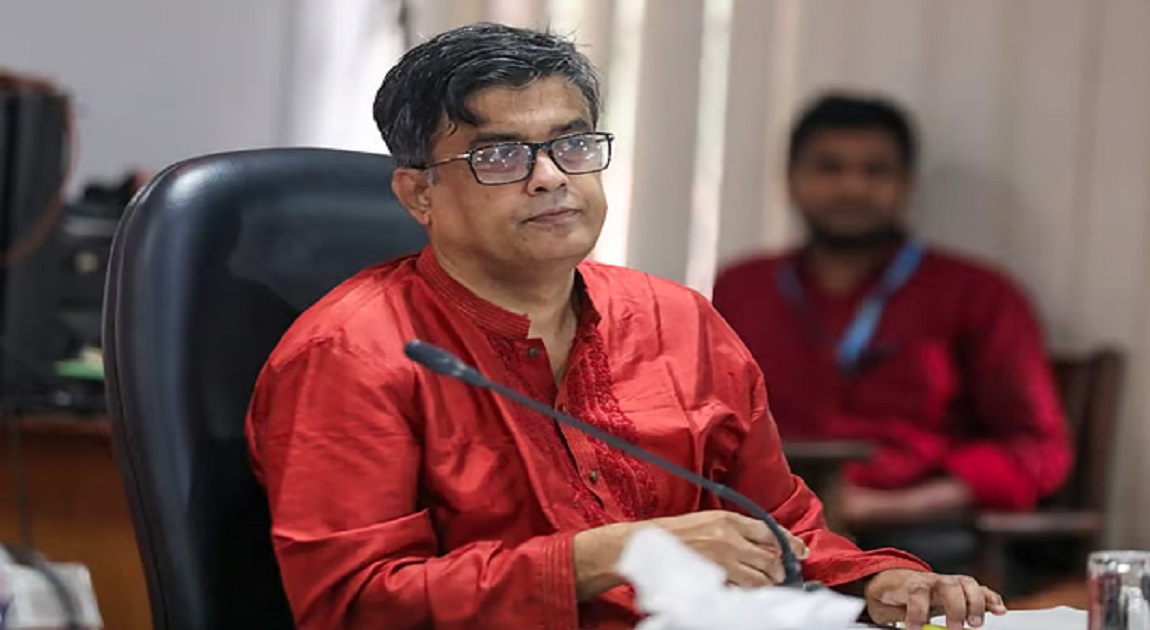Chief Advisor’s Press Secretary Shafiqul Alam has described the protests in front of media houses following the recent mass uprising in Bangladesh not as mob actions, but as emerging “pressure groups” formed by individuals who were allegedly harmed by media coverage during the previous government.
Speaking at a seminar titled “Media Freedom: Journalists’ Protection and Legal Framework” organized by the Centre for Governance Studies (CGS) in Dhaka on Thursday, Shafiqul made the comments in response to concerns raised by panelists over rising mob-like behavior targeting the press.
“Those you call a mob — I call them pressure groups,” Shafiqul said, arguing that years of media failure and civil rights suppression during the Awami League regime have led to deep frustrations among sections of the population who are now protesting. “They were affected during the last 15 and a half years when no minimum civil liberties were ensured for them.”
He referenced incidents from 2024, claiming that some leading journalists had encouraged violence, even telling the then-prime minister that certain groups should be “killed” or dealt with harshly.
When questioned by Iraboti journalist Md. Muqtadir Rashid whether this “pressure group” label reflected the government`s official position, Shafiqul clarified it was his personal view. “We are observing that those who were affected during the previous regime are the ones behind most of these protests,” he said.
As Muqtadir pressed for clarification—particularly about groups performing symbolic acts like animal sacrifice in front of media offices—Shafiqul insisted on a more nuanced understanding of what defines a “mob” versus a “pressure group,” refusing to make generalizations.
Regarding media trust, Shafiqul criticized what he termed “lazy journalism” and described the erosion of public trust in the press during the Awami League’s tenure. He also pointed to the deep entanglements between media owners and political benefits in the previous regime.
On media freedom, he asserted, “Anyone saying there’s no freedom of press in Bangladesh is speaking nonsense. In fact, the media here enjoys more freedom than in many developed countries.” However, he raised concerns over misinformation in the form of video journalism, calling it a new kind of "malpractice journalism" that is hard to regulate.
He concluded by stressing the need for a journalists’ protection ordinance but added that there also must be a mechanism to safeguard victims of malicious journalism.














-20260226080139.webp)





-20260225072312.webp)








-20260219054530.webp)
-20260224075258.webp)





-20260221022827.webp)